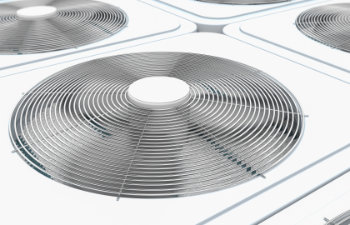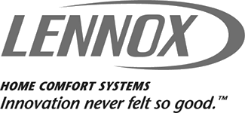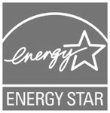
In 2024, homeowners considering upgrading their HVAC (Heating, Ventilation, and Air Conditioning) systems have an excellent opportunity to save money through available tax credits. The government incentivizes energy-efficient upgrades by offering tax credits, encouraging homeowners to invest in environmentally friendly and cost-saving HVAC equipment. Here are ways homeowners can benefit from these tax credits when investing in new HVAC equipment this year.
Federal Tax Credits for Energy Efficiency
The federal government offers tax credits for homeowners who invest in energy-efficient home improvements, including qualified HVAC systems. These tax credits aim to promote the adoption of energy-efficient technologies and reduce energy consumption.
To qualify for these tax credits, homeowners must install eligible HVAC equipment that meets specific energy efficiency standards outlined by the government. Typically, these standards relate to energy efficiency ratings such as SEER (Seasonal Energy Efficiency Ratio) for air conditioners, AFUE (Annual Fuel Utilization Efficiency) for furnaces, and HSPF (Heating Seasonal Performance Factor) for heat pumps.
The tax credit amount varies depending on the type of HVAC equipment installed and its energy efficiency rating. Homeowners can receive credits up to a certain percentage of the cost of the equipment, often with maximum credit limits specified by the government.
Claiming Tax Credits
To claim these tax credits, homeowners may need to file the appropriate IRS forms, usually Form 5695 (Residential Energy Credits), along with their tax return. It is essential to retain documentation, such as receipts and manufacturer certifications, to validate eligibility and ensure a smooth claiming process. Some tax credits may be applied at point-of-sale, meaning the credit is discounted from the cost of the equipment at the time of purchase.
Navigating tax credits and understanding eligibility criteria can be complex. Homeowners are encouraged to consult with tax professionals or accountants familiar with residential energy tax credits to ensure compliance and maximize their savings.
Benefits Beyond Tax Savings
Investing in energy-efficient HVAC systems not only leads to tax savings but also offers long-term benefits. Energy-efficient equipment reduces energy consumption, leading to lower utility bills and decreased environmental impact by reducing carbon emissions.
In addition to federal tax credits, homeowners may also benefit from local utility incentives or rebates for installing energy-efficient HVAC systems. These incentives can further reduce the upfront costs of upgrading HVAC equipment.
Homeowners should keep in mind that tax credits for energy-efficient upgrades can be subject to changes in government policies, including expiration dates or modifications in eligibility criteria. Staying informed about current tax credit programs and their expiration dates is crucial to take advantage of these savings.
Upgrading to energy-efficient HVAC equipment offers homeowners an opportunity to save money through federal tax credits while enjoying lower energy bills and environmental benefits. However, it is essential to research eligible equipment, understand the specific criteria for claiming credits and consult tax professionals to ensure compliance with IRS regulations and maximize savings. By leveraging these tax credits in 2024, homeowners can make financially prudent and environmentally conscious decisions when investing in new HVAC systems for their homes.
At ClimateSmith, LLC, we offer professional installation of energy-efficient HVAC equipment in the Alpharetta, GA, area. Our knowledgeable team can help you take advantage of lucrative tax credits available in 2024 on specific models of heat pumps and other HVAC equipment. Call our office today to find out more about tax credits and rebates available for new HVAC equipment for your home.
Posted on behalf of
5190 Performance Dr
Cumming, GA 30040
Phone: (770) 475-9555
Email: contact@climatesmith.com
Mon - Fri
8:00am - 5:00pm





